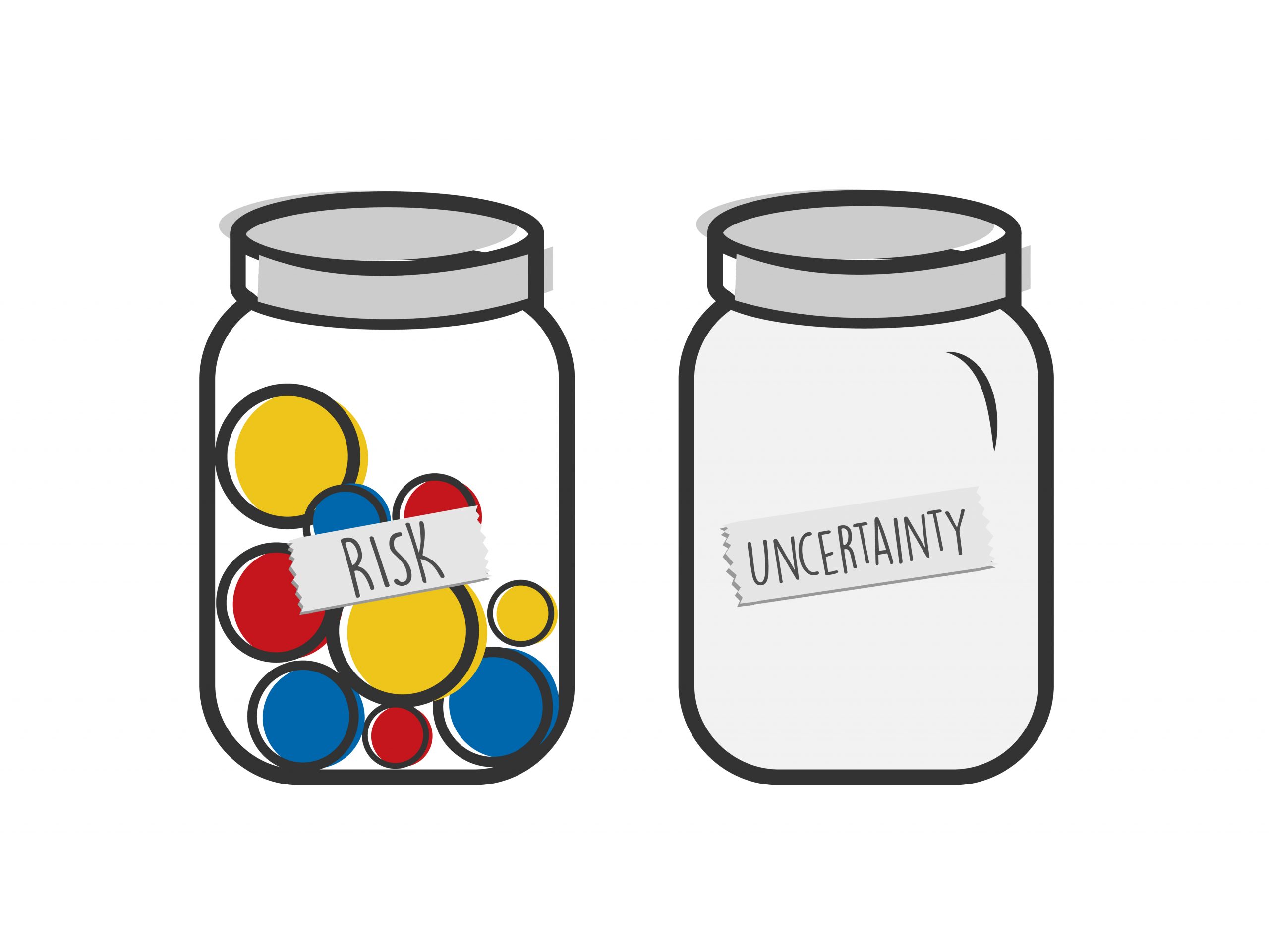The COVID-19 pandemic impelled governments to fall back on “fiscal Keynesianism,” because there was no way that just increasing the quantity of money could lead to the reopening of businesses that were prevented by law from doing so. Fiscal Keynesianism in the big lockdown meant issuing Treasury payments to people prevented from working. But now that the economy has reopened, the practical rationale for monetary and fiscal expansion has disappeared. Mainstream financial commentators believe the economy will bounce back as if nothing had happened. After all, economies fall into foxholes no more often than individuals normally do. So, the time has come to tighten both monetary and fiscal policy, because continued expansion of either or both will lead only to a “surge in
Topics:
Lars Pålsson Syll considers the following as important: Economics
This could be interesting, too:
Lars Pålsson Syll writes Schuldenbremse bye bye
Lars Pålsson Syll writes What’s wrong with economics — a primer
Lars Pålsson Syll writes Krigskeynesianismens återkomst
Lars Pålsson Syll writes Finding Eigenvalues and Eigenvectors (student stuff)
The COVID-19 pandemic impelled governments to fall back on “fiscal Keynesianism,” because there was no way that just increasing the quantity of money could lead to the reopening of businesses that were prevented by law from doing so. Fiscal Keynesianism in the big lockdown meant issuing Treasury payments to people prevented from working.
But now that the economy has reopened, the practical rationale for monetary and fiscal expansion has disappeared. Mainstream financial commentators believe the economy will bounce back as if nothing had happened. After all, economies fall into foxholes no more often than individuals normally do. So, the time has come to tighten both monetary and fiscal policy, because continued expansion of either or both will lead only to a “surge in inflation.” We can all breathe a sigh of relief; the trauma is over, and normal life without unemployment will resume.
Monetary policy works in theory but not in practice; fiscal policy works in practice but not in theory. Fiscal Keynesianism is still a policy in search of a theory. Acemoglu, Laibson, and List supply a piece of the missing theory when they note that shocks are “hard to predict.” Keynes would have said they are impossible to predict, which is why he rejected the standard view that economies are cyclically stable in the absence of shocks (which is as useless as saying that leaves don’t flutter in the absence of wind).
The supply and demand models that first-year economics students are taught can illuminate the equilibrium path of the hairdressing industry but not of the economy as a whole. Macroeconomics is the child of uncertainty. Unless economists recognize the existence of inescapable uncertainty, there can be no macroeconomic theory, only prudential responses to emergencies.
Modern macroeconomics — Dynamic Stochastic General Equilibrium, New Synthesis, New Classical and New ‘Keynesian’ — still follows an ‘as if’ logic of denying the existence of genuine uncertainty and treat variables as if drawn from a known ‘data-generating process’ with known probability distribution that unfolds over time and on which we therefore have access to heaps of historical time-series. If we do not assume that we know the ‘data-generating process’ — if we do not have the ‘true’ model — the whole edifice collapses. And of course, it has to. Who really honestly believes that we have access to this mythical Holy Grail, the data-generating process?
Modern macroeconomics obviously did not anticipate the enormity of the problems that unregulated ‘efficient’ financial markets created. Why? Because it builds on the myth of us knowing the ‘data-generating process’ and that we can describe the variables of our evolving economies as drawn from an urn containing stochastic probability functions with known means and variances.
This is like saying that you are going on a holiday-trip and that you know that the chance the weather being sunny is at least 30% and that this is enough for you to decide on bringing along your sunglasses or not. You are supposed to be able to calculate the expected utility based on the given probability of sunny weather and make a simple decision of either-or. Uncertainty is reduced to risk.
But as Keynes convincingly argued in his monumental Treatise on Probability (1921), this is not always possible. Often we simply do not know. According to one model the chance of sunny weather is perhaps somewhere around 10% and according to another — equally good — model the chance is perhaps somewhere around 40%. We cannot put exact numbers on these assessments. We cannot calculate means and variances. There are no given probability distributions that we can appeal to.
In the end, this is what it all boils down to. We all know that many activities, relations, processes and events are of the Keynesian uncertainty-type. The data do not unequivocally single out one decision as the only ‘rational’ one. Neither the economist, nor the deciding individual, can fully pre-specify how people will decide when facing uncertainties and ambiguities that are ontological facts of the way the world works.
Some macroeconomists, however, still want to be able to use their hammer. So they decide to pretend that the world looks like a nail, and pretend that uncertainty can be reduced to risk. So they construct their mathematical models on that assumption. The result: financial crises and economic havoc.
How much better — how much bigger chance that we do not lull us into the comforting thought that we know everything and that everything is measurable and we have everything under control — if instead, we could just admit that we often simply do not know, and that we have to live with that uncertainty as well as it goes.
Fooling people into believing that one can cope with an unknown economic future in a way similar to playing at the roulette wheels, is a sure recipe for only one thing — economic catastrophe.

